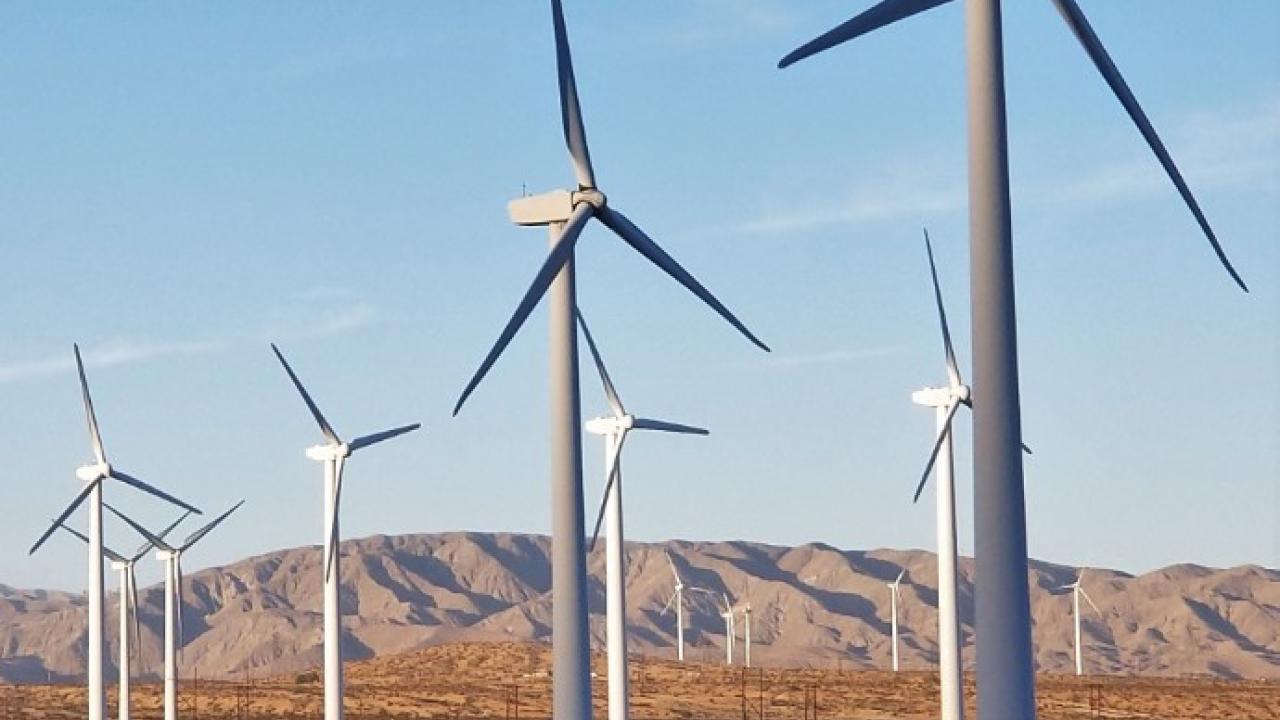
The advance of energy storage, especially in battery systems, promises to be a key factor in future measurements, and is what positioned Chile higher in the ranking, where it promises to continue rising.
Chile advanced one place to reach 15th globally in the Renewable Energy Country Attractiveness Index (RECAI), carried out by the consulting and auditing firm EY.
Within the region, it is the best ranked, surpassing Brazil (20th), Argentina (26th), Mexico (33rd) and Peru (40th). On the other hand, in the first places were powers in this matter such as the United States (1st), China (2nd) and Germany (3rd).
RECAI uses various criteria to compare the attractiveness of renewable energy markets, such as the magnitude of the development pipeline , which reflect the absolute size of the renewable investment opportunity.
Hence the index naturally benefits large economies. By normalizing with gross domestic product, you can see which markets are performing above expectations for their economic size. Thus, in this "normalized index" it is discovered that Chile rises from 15th place to 3rd place.
The southern country stands out for its outstanding performance in relation to its economy, promising to double its capacity in the next decade and offering fertile ground for investors seeking markets with ambitious energy transition plans.
This international measurement is released in the context that Chile's renewable energy sector continues to grow, with more than 16 GW of installed capacity to date. This figure is expected to increase considerably over the next decade, driven by the Executive proposing measures to reduce bureaucracy in investment in the onshore wind sector.
PERMISOLOGY
In relation to how the processing of projects that seek to reduce project processing times is impacting , to have a greater attraction of investments to the country, Pamela Méndez, leading partner of Climate Change and Sustainability Services at EY, comments that “still The tools have not been implemented to reduce processing times, therefore, they are still regulatory initiatives in progress.
If everything progresses properly, it would bring a positive impact on GDP and tax collection, stimulating economic growth and consolidating Chile's position as an attractive destination for sustainable development . "
ENERGY STORAGE
The advancement of energy storage, especially in battery systems (BESS), promises to be a key factor in future RECAI measurements. “As investment in BESS grows and its deployment is projected to quadruple by 2030, its ability to stabilize the network and manage price volatility will become increasingly valued.
This trend, together with the modernization of network infrastructure, could position Chile even higher in the ranking , by taking advantage of its potential to offer efficient and versatile storage solutions in a constantly evolving energy market,” adds Méndez .
CHALLENGES
Chile, according to the report, stands out in the global renewable energy landscape, attracting the attention of investors with its rapid growth. However, it faces challenges such as the expansion of infrastructure and storage systems.
“Keys to attracting more investment are a regulatory framework that offers certainty and streamlines procedures, inspired by the solidity of markets like Germany and aligned with the best international practices,” concludes the executive.










